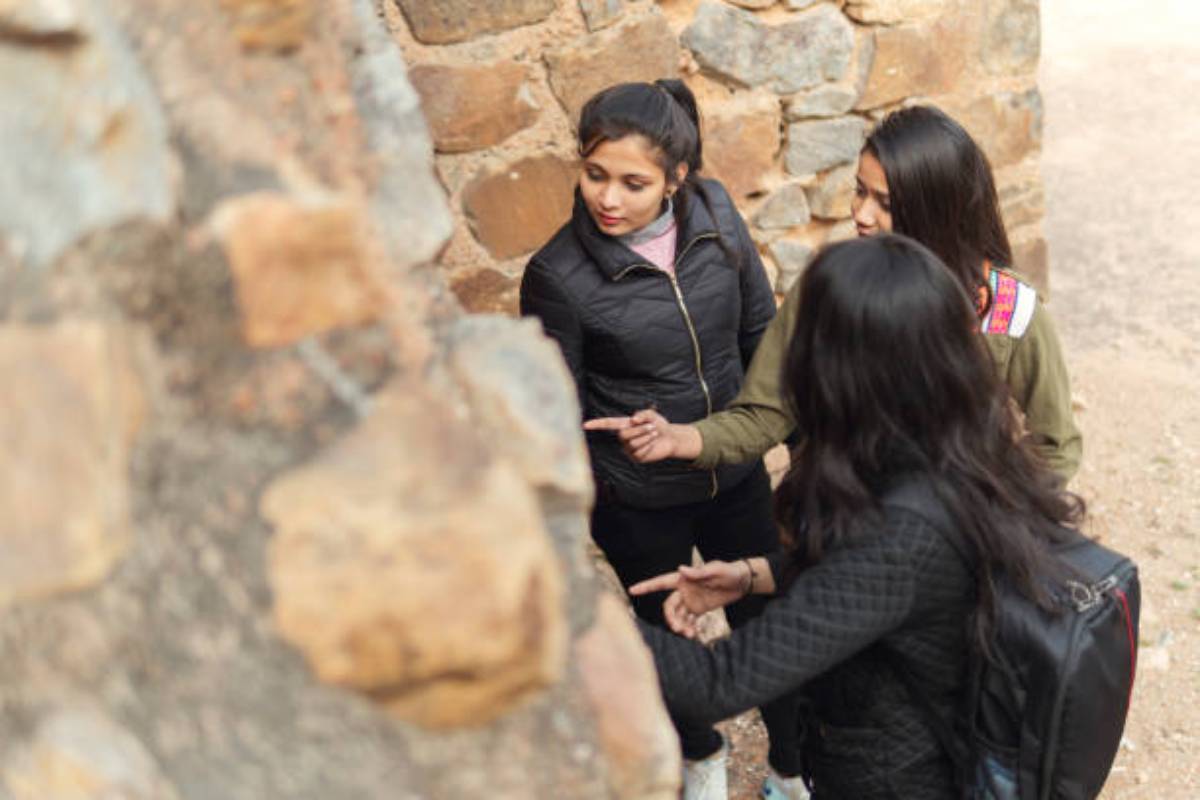Ink on paper can only convey so much, true understanding requires putting knowledge into action. The popularity of study tours continues increasing during the summer vacation. Many parents are arranging for their children to go on educational trips, in order to break the relative monotony of classroom education. By providing them immersive real-life experiences, parents are seeking to broaden their children’s horizons, enhance their knowledge, and help them integrate learning with exploration and enjoyment.
According to the summer travel data forecast from several online travel platforms, this summer is expected to witness a huge surge in demand, surpassing that of the same period in 2019. Among the emerging trends, study tours are new for the tourism industry, contributing significantly to its gradual recovery and improvement.
Advertisement
In 2021 the Ministry of Culture and Tourism released the 14th Five Year Plan for the Development of Cultural Industries, which laid stress on the vigorous development of study tours. The plan is aimed at creating innovative study tour products that integrate cultural experiences, technological innovation, knowledge dissemination, entertainment, leisure and interactive parent-child activities. According to available data, the number of participants in study tours reached 4.94 million in 2021, far exceeding the pre-pandemic figures. In 2022, the number crossed 6 million, an all-time high.
The concept of combining learning with travel has become a new consumer trend, with study tours becoming an emerging tourism model. Study tours promote the integration of culture, tourism and education, a novel way to experience cultural tourism and engage in practical education by studying peoples daily lives. Study tours also combine family education, school education and community education.
Compared to developed countries in Europe and the Americas, Chinas study tour market started relatively late, with a lower overall market penetration rate, indicating that there is still considerable untapped potential to expand the market.
According to the China Study Tour Development Report 2022-23 published by the China Tourism Academy, since the joint release of the Opinions on Promoting Study Tours for Primary and Secondary School Students by the Ministry of Education and 11 other departments in 2016, people’s understanding of study tours has increased. The study tour demographic now includes preschool children, primary, middle and high school students, as well as adults and senior citizens, representing a broader developmental space.
With the combined impetus of favorable policies and the demand for quality education, the study tour market has grown rapidly in recent years. This year, study tourism has experienced even more robust growth, with more than 5,000 study camps and related enterprises across the country. To better develop study tours and avoid superficial experiences, tourism destinations can focus on the following aspects: To begin with, it is essential to clearly define the positioning of the study tour market and expand the supply chains of study tour products. To establish a distinct identity and highlight the core values of “research” and “learning”, study tours should not only focus on providing immersive experiences but also prioritize educational aspects, integrating them through products and services.
